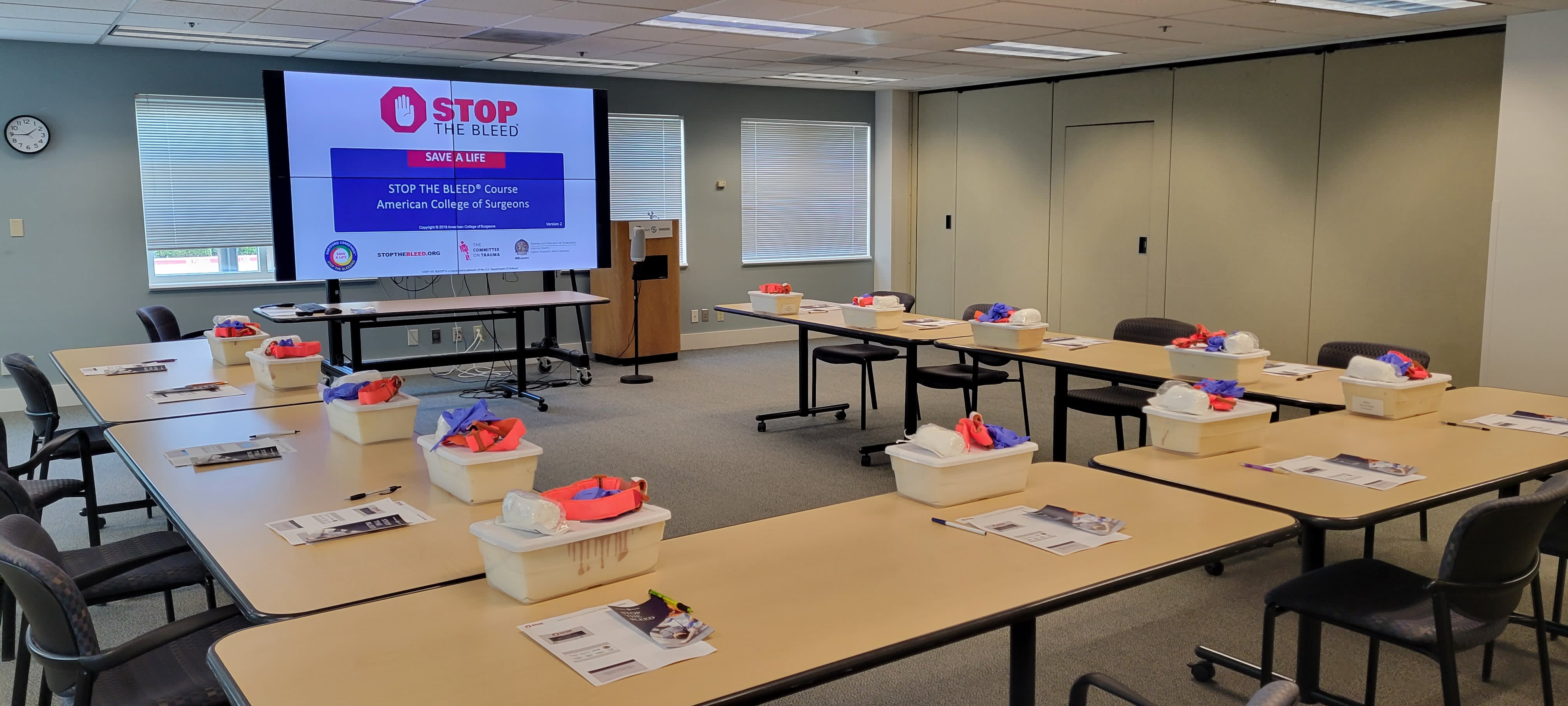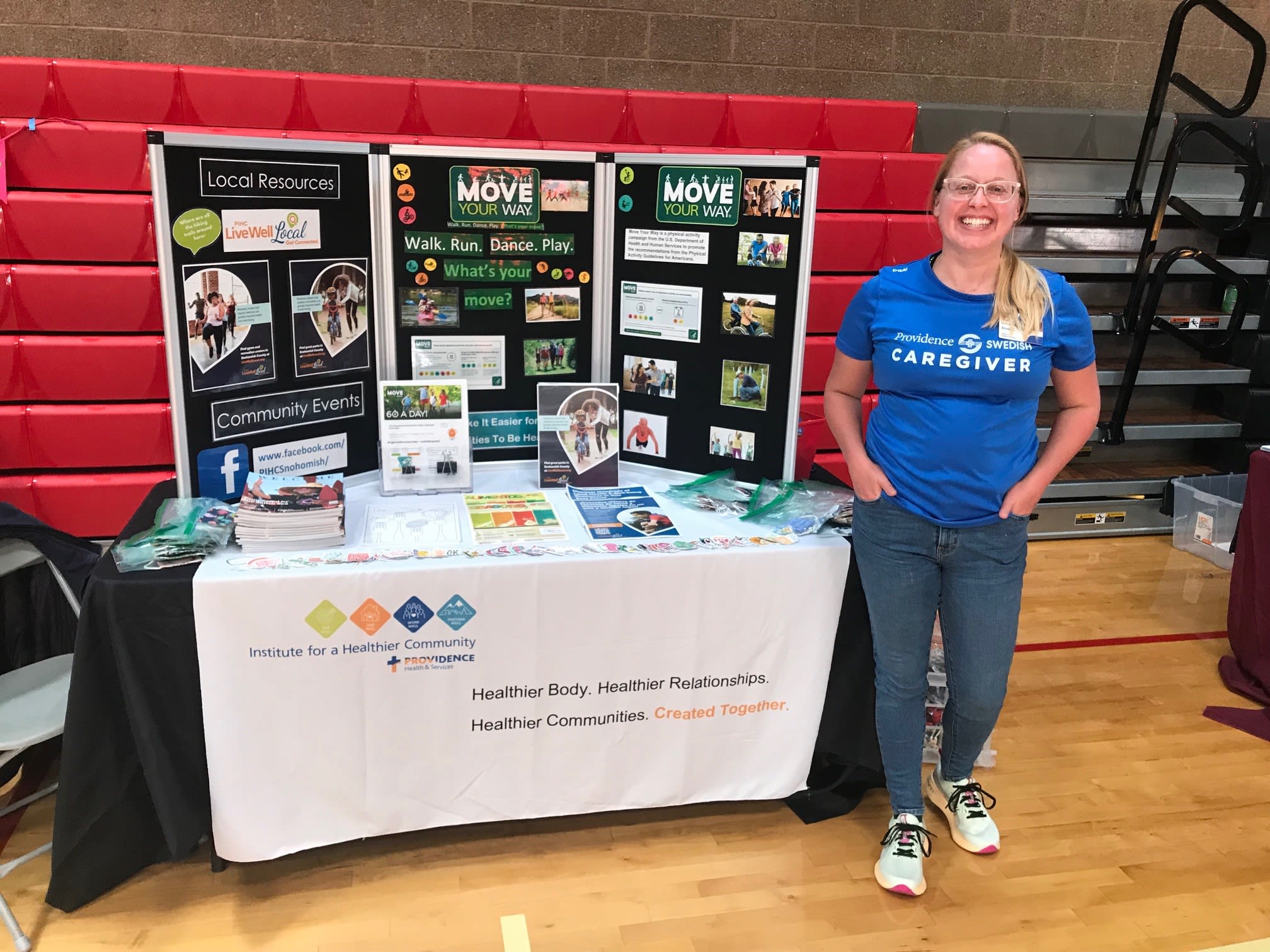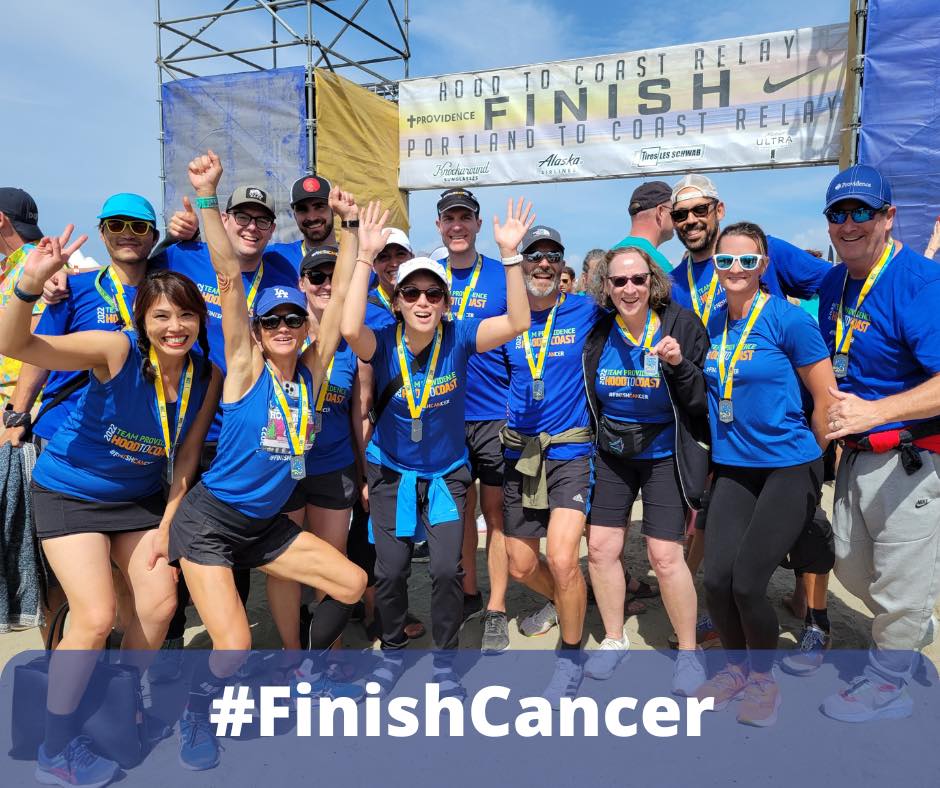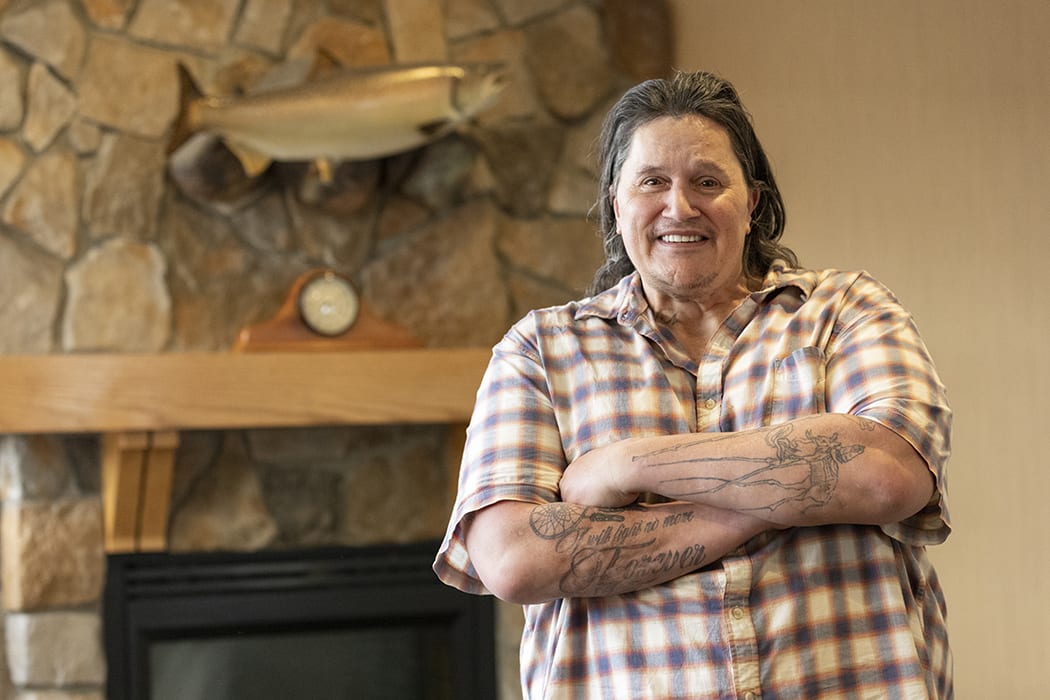Refugees find warm welcome and fresh start in Alaska
Imagine being forced to leave your home and arriving in a country where you don't know the language, don't understand the culture and the weather is strange. Even figuring out the bus system can feel overwhelming.
Catholic Social Services steps into those gaps and more to help displaced people from several countries who come to Alaska. The agency helps with housing and cultural training, and then works with partners like Providence Alaska Medical Center to secure jobs and training through its Refugee Assistance and Immigration Services program.
In an average year, CSS assists about 130 displaced people who come from around the world. “We have clients from 26 countries and our highest arrivals this year are from Afghanistan and Ukraine,” says Brigit Reynolds, refugee education and employment manager for the RAIS program. “Right now, we have about 260 new arrivals to date with numbers increasing almost daily.”
Hear Me Now: Listen to this episode featuring our partner, Catholic Social Services, and two of our caregivers talking about the impact of the RAIS Trainee Program.
A new life and new job skills
CSS works with many employers in Anchorage to hire RAIS clients. Since 2007, Providence has hired clients to learn job skills at the hospital, including in environmental services, laundry, nutrition services and general stores. Training lasts up to six months while a more permanent position can be found.
“I believe that having a successful employment program means giving clients as many options and avenues to pursue as possible,” Reynolds says.
“Providence’s partnership is significant in helping clients develop a new life in Alaska because it provides them a pathway to a career role that they can grow in."
- Brigit Reynolds, refugee education and employment manager for the RAIS program
Mubarak joined the hospital’s environmental services team through RAIS in 2016 after moving from Sudan. “I had no experience and they’ve taught me a lot, especially scrubbing and waxing floors. I’ve learned about teamwork, because we work as a team when we’re cleaning an area. And everyone is really friendly, like one big family.”
“Our team helped the vulnerable who came to our country. We helped them develop job skills and language skills, the tools they needed for gainful employment.” says Cyndi Cieslak, who managed the hospital’s environmental services and laundry teams for seven years. For six of those years, her teams hired trainees in the RAIS program. Cieslak now manages urgent and express care clinics for Providence in the Anchorage area.
“They are part of our community.”
Cieslak recalls, “My team in laundry definitely felt this was how they contributed to the Mission, caring for the vulnerable in a different way than at the bedside.”
“I asked one of the trainees why they came to Alaska and they said, ‘there’s no war here,’” she recalls. “That’s the best answer I’ve ever heard. It just struck me how privileged I was to be born in a country with opportunities, while some of them don’t even know if all their siblings are alive back home.”
“We are privileged to teach trainees to navigate the employment world, and they teach us humility, kindness and compassion."
- Cyndi Cieslak, former manager of environmental services at Providence Alaska Medical Center
Mubarak says the program and opportunity have meant a tremendous amount to him. “Providence gave me a job and taught me,” he says. “I’ve met a lot of great people and I’ve been able to help others.”
"They’re part of our community, and I want them to feel they can contribute just like anyone else,” Cieslak says.
A Health for a Better World story, about serving with our local partners to build community resilience.
Related Resources
Health for a Better World website
Health for a Better World - Community resilience stories
Health for a Better World - Removing barriers to care stories




